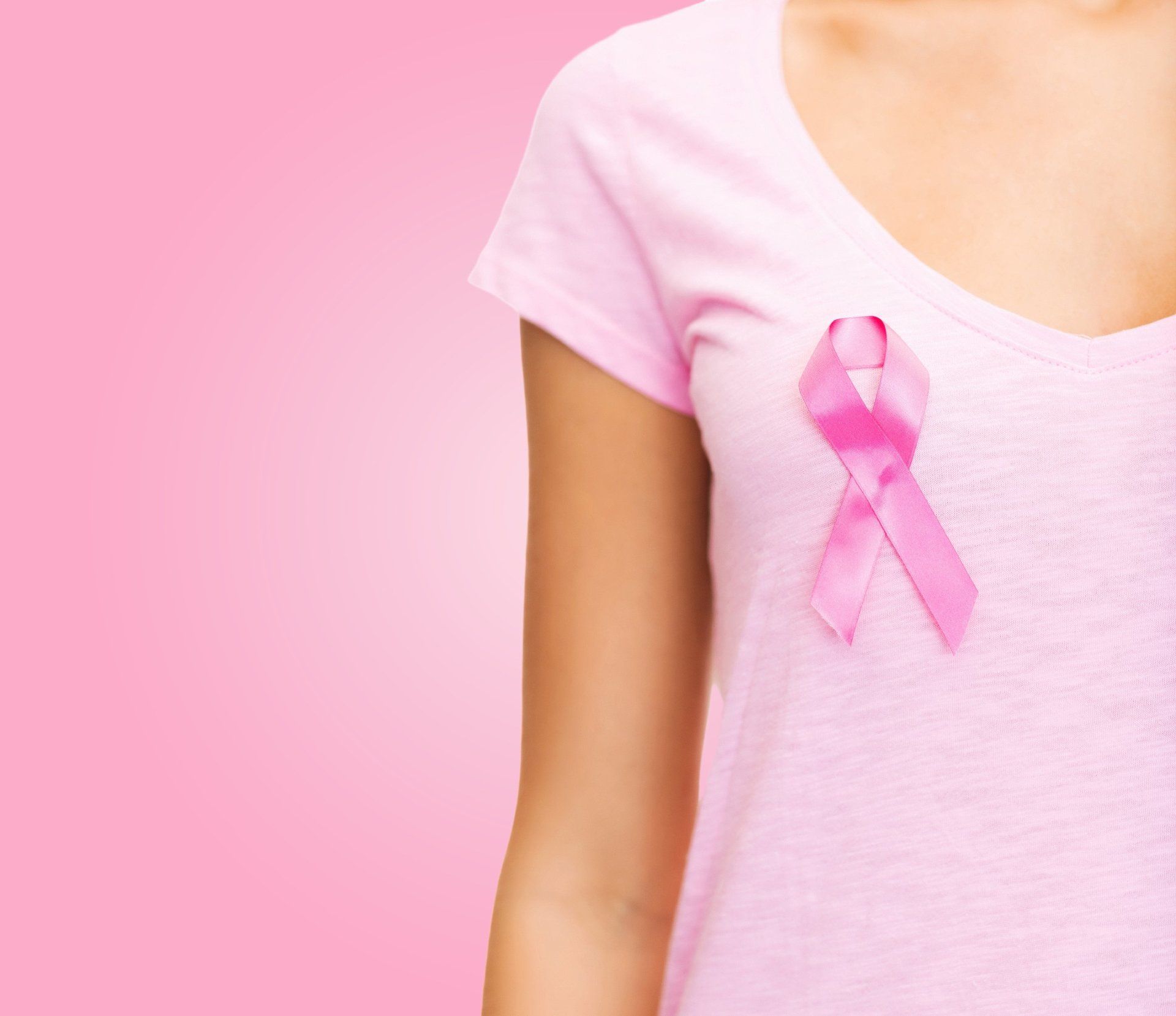No matter what skin color or income level, women with breast cancer deserve the best treatment that America can offer. However, disparities exist between white and minority women, and upper- and lower-income women.
While studies looking at cancer care are inconsistent, some have shown “that minority populations have barriers such as distrust, cultural and health literacy barriers that may impact their cancer care,” said Dr. Jacqueline W. Miller, medical director, National Breast and Cervical Cancer Early Detection Program, Centers for Disease Control and Prevention.
“Some studies have shown that black women are more likely to have a delay in following up on abnormal mammograms and receiving cancer treatment or complete treatment compared to white women. Lower-income individuals are more likely to be uninsured, which may impact their ability to receive appropriate care,” said Miller, who is a captain with the U.S. Public Health Service.
Diagnosis of breast cancer can also come later for certain groups.
“Studies have shown that black women are more often found to have breast cancer that has spread beyond the breast (regional and late stage disease) at the time of diagnosis,” Miller said.
While breast cancer affects all women and some men, minority women are more likely to have aggressive subtypes of breast cancer, according to a 2015 study published in Cancer Epidemiology, Biomarkers & Prevention.
Because of this disparity, breast cancer deaths among women will remain because of differences in the aggressiveness of breast cancer, Miller said.
“All women should have equal access to screening, diagnostic and treatment services. Uninsured women should take the opportunity to get insurance coverage through the Affordable Care Act. Federal, state and local health agencies can help women understand why they need mammograms, what to expect and about timely, high-quality breast cancer care. Community improvements such as making access to walking areas, availability of healthy foods can help women reduce their cancer risks,” Miller said.
Here are some tips to help women get better and equal care:
- Women should review their family medical history and risk factors with their provider, discuss any problems or concerns with their provider and get appropriate screenings and diagnostic care as indicated.
- Women should make sure that they receive their mammogram results and follow up on any abnormalities.
- Women can do things to reduce their risks for getting breast cancer such as exercising regularly, maintaining a healthy weight, limiting alcoholic drinks and avoiding taking hormones.
- All women with breast cancer should have timely, high-quality cancer care based on their diagnosis, including access to clinical trials. If possible, women should work with patient navigators who can answer questions, assist with making sure appointments are kept, and help with understanding of treatment course and expectations.
The CDC’s National Breast and Cervical Cancer Early Detection Program provides low-income, uninsured and underserved women access to timely breast and cervical cancer screening and diagnostic services and treatment referral across the United States. Find a provider near you at www.cdc.gov/cancer/nbccedp.








